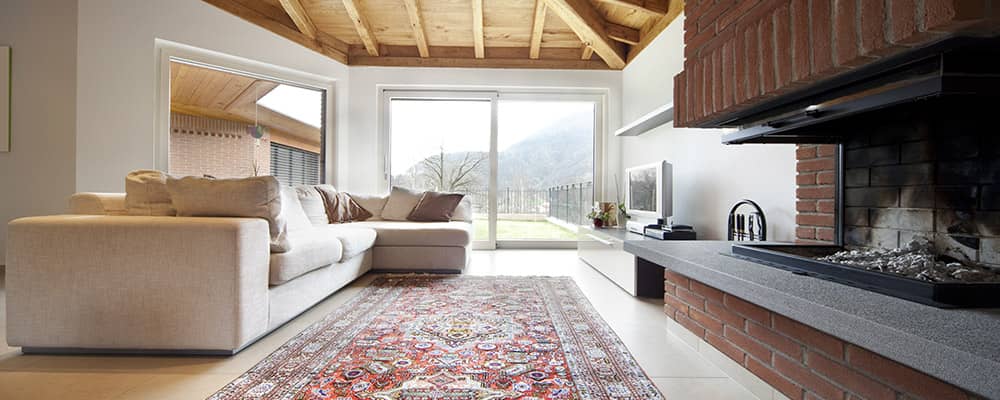Open Houses: No Sellers Allowed
- Courtney Lynch
- Real Estate Business

Getting ready for an open house is hard work. The process can be exhausting, considering all the washing, cleaning, de-cluttering and rearranging that needs to happen. But when all that is done, there are still some things to take into consideration when preparing for an open house.
As many sellers know, homebuyers want to be able to picture themselves and their families in the home. They don't want to know about who lives there currently or how the home was good for another family. For this reason, real estate agents suggest to their clients to remove any sentimental decorations or clues about who once lived there.
There are several different steps homeowners can take to take themselves out of the home in time for an open house, both figuratively and literally.
Family Photos and Personal Items
Hanging sentimental photos on the walls and placing them on shelves is a pretty common practice. But when potential buyers come to view your home, these pictures could be off-putting. The photos make the home look as if it belongs to the family in the pictures - not that it is for sale. Take all of these down and stow them away until you get to your new home. You can choose to leave the walls empty, or replace a few of them with some generic pieces of art.
While you are taking down family photos, it's also a good idea to remove anything with a religious connotation, Bankrate said.1 You never know what the beliefs of a prospective buyer might be. If their beliefs don't align with yours, the symbols you value could wind up turning them away.
"There should be a sense of neutrality in the house," Diane Saatchi, the senior vice president of real estate brokerage Saunders & Associates, said. "You want to depersonalize the house. Remove personal photos (and) religious, political and racy art."
You may have some items around the house that are more telling than you realize. Be sure to clean up any common areas. Shoes and jackets should be minimized; pack what you won't need and organize the rest. If you have children, be sure to clear up any toys or equipment they own that might be lying around. This goes for the inside as well as the outside of the home. You should put as much effort into organizing and preparing your back and side yards as you would for rooms inside your home.
Don't Hang Around
Putting away all your personal items is a good start to making your home as friendly as possible to anyone who might be interested. While you might be tempted to stick around while prospective buyers visit the home, this is not a good idea.
"Buyers won't say what they are thinking if the seller is there," Saatchi explained. "They don't feel comfortable and normally, they just say nice things to the seller ... and that makes the seller want to raise the price."
Be sure you know exactly when people are coming to view your home. Prepare by cleaning up a few hours ahead of time. You don't want to be there when they are looking at your home, but you don't want to be flying out the door as they pull into the driveway, either. Give yourself plenty of time to tidy up everything that needs to be done, and leave 15 minutes before they are expected to arrive.
Remember, you aren't the only one that needs to leave the home before buyers stop by. Children shouldn't be at home. Your car shouldn't be in the driveway - be sure buyers have enough room to park. And you need to find another place for your pets to be, too, Realtor.com said.2
Some people could have allergies to your cat or dog. Others might have a fear of birds or snakes. Whatever pet you have, be sure to find a place for it until the open house is over, like a dog park or a friend's house.
Taking all traces of yourself and family out of your home can be a difficult process that takes coordination and communication with your real estate agent. However, by allowing prospective buyers envision how the home could be catered to them, not how it suits you, you are increasing your chances of getting an offer.
